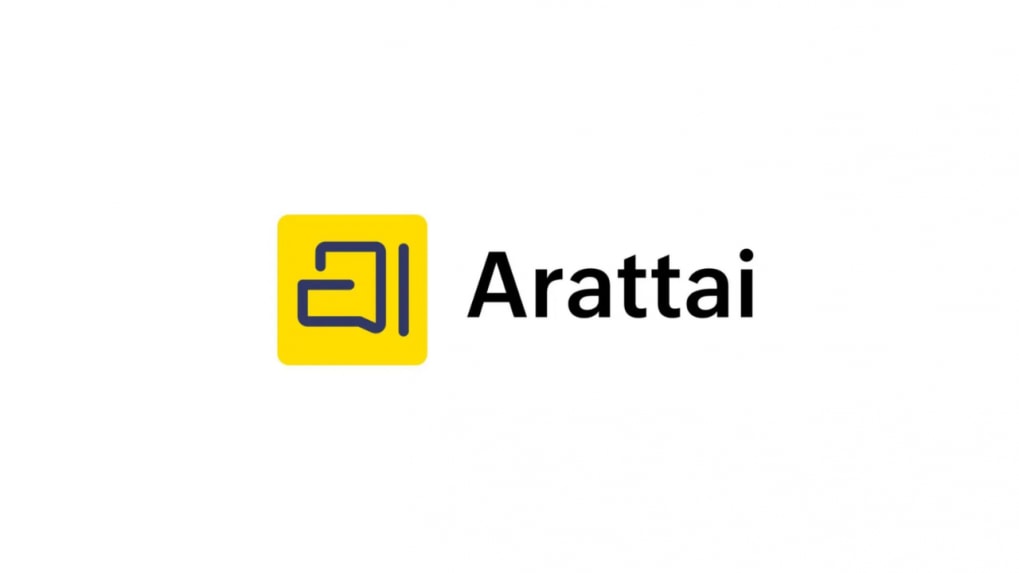What is Arattai? Zoho's messenger app that competes with WhatsApp
Arattai, which means “casual chat” in Tamil, was developed by Chennai-headquartered Zoho.
ADVERTISEMENT
Zoho’s messaging app Arattai has shot to the top of app store charts after Union education minister Dharmendra Pradhan urged citizens to adopt the homegrown alternative to WhatsApp.
Arattai, which means “casual chat” in Tamil, was developed by Chennai-headquartered Zoho and first launched in January 2021 as a beta “friends-and-family trial”. The launch coincided with a backlash against WhatsApp’s updated privacy policy, which permitted data sharing with parent company Facebook. Despite the timing, Arattai initially struggled to gain traction.
Arattai instant messaging app developed by @Zoho is free, easy-to-use, secure, safe and ‘Made in India’.
— Dharmendra Pradhan (@dpradhanbjp) September 24, 2025
Guided by Hon’ble PM Shri @narendramodi ji’s call to adopt Swadeshi, I appeal to everyone to switch to India-made apps for staying connected with friends and family.… pic.twitter.com/Tptgbzgivg
Read More: Arattai app: How to download and use India’s homegrown WhatsApp rival
The platform has now re-emerged as a contender after Pradhan’s public endorsement last week triggered a surge in downloads, propelling it to the No.1 spot on both iOS and Android app stores.
Functionally, Arattai mirrors most features of modern messaging apps, supporting text messages, voice and video calls, media sharing, stories, and channels. Voice and video calls already benefit from end-to-end encryption, though encryption for text chats is still in development—placing it at a disadvantage compared with WhatsApp, which has long offered full chat encryption.
What distinguishes Arattai, however, is Zoho’s firm stance on privacy, as per reports. Unlike global rivals frequently accused of exploiting user data for targeted advertising, Zoho has pledged that Arattai will not monetise personal information. This “privacy-first” positioning has resonated with users increasingly concerned about digital sovereignty and data surveillance.
Read More: WhatsApp rolls out new feature, explore from motion photos to AI video call backdrops
Reportedly, sudden influx of users has not been without teething issues. Social media chatter highlighted delays in one-time passwords (OTPs), slower contact synchronisation, and occasional call disruptions caused by server overload. Nevertheless, analysts note that visibility, credibility, and the “made-in-India” identity—further amplified by government endorsement—provide Arattai with a strong patriotic edge in a market where WhatsApp dominates with over 500 million users.
Industry observers suggest that the next phase of Arattai’s growth will depend on the rollout of end-to-end encryption for text chats, a feature widely regarded as non-negotiable for privacy-conscious users. Until then, the app remains a challenger—but one that has suddenly secured both attention and momentum.
Read More: ChatGPT turns shopping agent with new Instant Checkout feature


